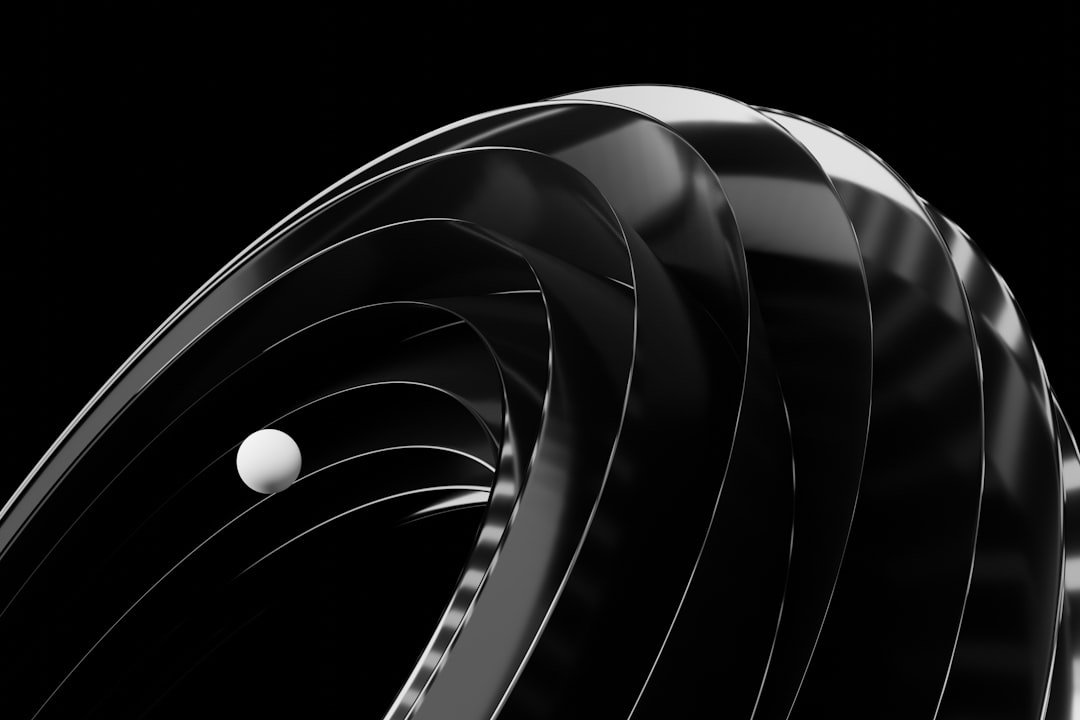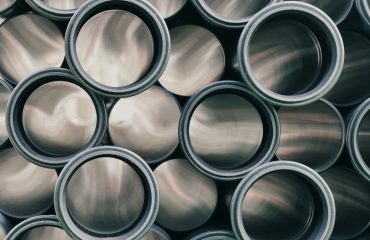Industrial pipes are the unsung heroes of manufacturing. These seemingly simple components are the circulatory system of any factory, carrying vital fluids, gases, and slurries that fuel production processes. Choosing the right pipes is crucial for efficiency, safety, and the overall longevity of your manufacturing operation. This comprehensive guide delves into the world of industrial pipes, helping you understand the critical factors involved in their selection and maintenance.
1. Materials: The Foundation of Industrial Pipe Strength and Durability
The choice of pipe material is paramount, dictated by the substance being transported and the operational environment. Different materials offer unique properties:
- Carbon Steel: A workhorse in many industries, carbon steel pipes are robust, readily available, and relatively inexpensive. They are suitable for a wide range of applications, but susceptibility to corrosion necessitates protective coatings or linings in certain environments.
- Stainless Steel: Offering superior corrosion resistance, stainless steel pipes are ideal for handling aggressive chemicals, high-purity fluids, and applications requiring hygiene (e.g., food and pharmaceutical processing). Different grades of stainless steel cater to varying levels of corrosion resistance and temperature tolerance.
- PVC (Polyvinyl Chloride): A lightweight and cost-effective option, PVC pipes are commonly used for transporting non-corrosive liquids and gases. However, they have limitations in terms of temperature and pressure resistance.
- CPVC (Chlorinated Polyvinyl Chloride): A higher-temperature and pressure-resistant alternative to PVC, CPVC pipes find applications where more demanding conditions exist.
- Ductile Iron: Possessing high tensile strength and excellent resistance to pressure, ductile iron pipes are particularly well-suited for underground applications and high-pressure systems.
- Copper: Known for its excellent corrosion resistance and thermal conductivity, copper pipes are often used in applications requiring high purity or heat transfer efficiency.
Careful consideration of the transported medium’s chemical properties, temperature, and pressure is essential in selecting the appropriate pipe material to prevent leaks, corrosion, and system failure.
2. Applications: Tailoring Pipes to Specific Manufacturing Needs
The vast array of manufacturing processes necessitates a diverse range of pipe applications. These include:
- Process Piping: This encompasses the piping systems that transport materials within the manufacturing process itself, from raw materials to finished products. Materials selection is critical here, considering the specific chemicals and temperatures involved.
- Steam Piping: High-pressure steam systems require specialized pipes designed to withstand high temperatures and pressures, often using materials like carbon steel with appropriate insulation.
- Water Piping: From cooling systems to cleaning processes, water piping needs vary depending on the water quality and pressure requirements. Materials like PVC, CPVC, or galvanized steel are common choices.
- Chemical Piping: Handling corrosive chemicals demands high corrosion resistance. Stainless steel, PVC, or specialized alloys are frequently used, with careful consideration of chemical compatibility.
- Gas Piping: Transporting gases requires pipes that can withstand pressure and prevent leaks. Materials like carbon steel, stainless steel, or specialized polymers are used, depending on the gas and pressure.
Understanding the specific demands of each application is crucial for choosing the right pipe material, diameter, and fittings.
3. Safety and Compliance: Prioritizing Risk Mitigation in Industrial Pipe Systems
Safety is paramount in industrial settings. Proper pipe selection and installation are crucial to prevent leaks, explosions, and other hazards. Compliance with relevant industry standards and regulations (e.g., ASME, ANSI) is mandatory. This includes:
- Pressure Testing: Regular pressure testing ensures the integrity of the pipe system and prevents catastrophic failures.
- Leak Detection: Implementing leak detection systems can minimize downtime and environmental damage caused by leaks.
- Proper Installation: Correct installation, including appropriate supports, hangers, and fittings, is vital for preventing stress and leaks.
- Regular Inspection: Routine inspections help identify potential issues before they escalate into major problems.
- Emergency Shutdown Systems: Implementing emergency shutdown systems can mitigate the consequences of accidents.
Investing in safety measures not only protects workers but also safeguards the overall efficiency and profitability of the manufacturing operation.
4. Maintenance and Repair: Extending the Lifespan of Industrial Pipes
Regular maintenance is key to extending the lifespan of industrial pipes and preventing costly repairs or replacements. This includes:
- Visual Inspections: Regular visual inspections can identify corrosion, damage, or leaks early on.
- Cleaning and Flushing: Regular cleaning and flushing can remove debris and prevent blockages.
- Corrosion Prevention: Implementing corrosion prevention strategies, such as coatings or cathodic protection, is crucial in corrosive environments.
- Repair and Replacement: Prompt repair or replacement of damaged pipes prevents further damage and ensures system integrity.
- Preventive Maintenance Schedules: Developing and adhering to a comprehensive preventive maintenance schedule minimizes unexpected downtime and maximizes the lifespan of the pipe system.
A proactive maintenance approach significantly reduces the risk of costly failures and ensures the continued efficient operation of the manufacturing process.
5. Selection Criteria: A Step-by-Step Guide to Choosing the Right Industrial Pipes
Selecting the right industrial pipes requires a systematic approach. Consider these factors:
- Fluid Properties: Chemical composition, temperature, pressure, viscosity, and flow rate of the transported fluid are critical factors.
- Environmental Conditions: Temperature, humidity, and exposure to corrosive elements influence material selection.
- Budget Constraints: Cost is a significant factor, balancing material cost with long-term maintenance and potential downtime.
- Installation Requirements: Accessibility, space constraints, and installation methods influence pipe size and material.
- Regulatory Compliance: Adherence to relevant safety standards and regulations is paramount.
By carefully considering these criteria, manufacturers can ensure that their chosen pipes meet their specific needs, ensuring optimal performance, safety, and longevity.
Choosing the right industrial pipes is a critical decision that significantly impacts the efficiency, safety, and profitability of any manufacturing operation. By understanding the factors discussed above, manufacturers can make informed decisions that lead to a robust, reliable, and cost-effective piping system.
Tags: Industrial pipes, manufacturing pipes, pipe selection, pipe materials, industrial pipe maintenance




